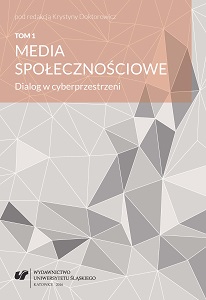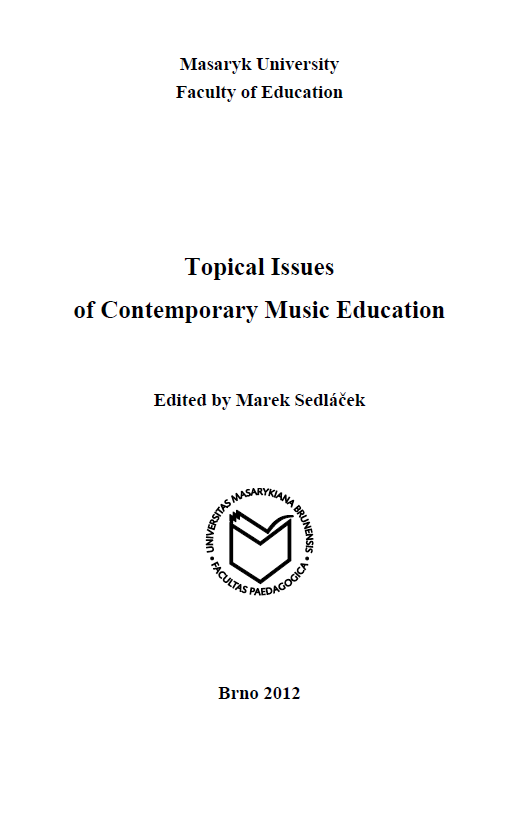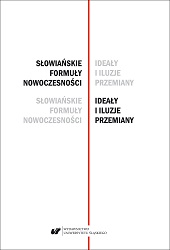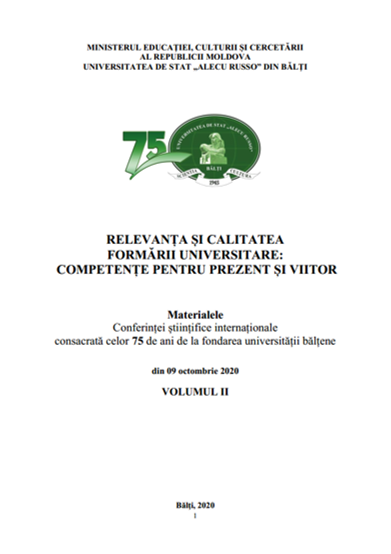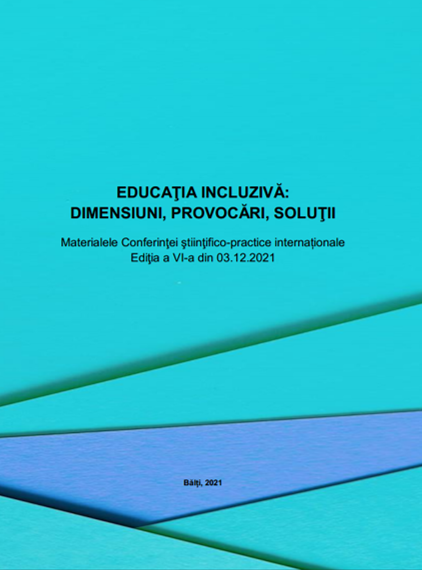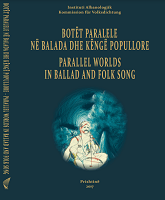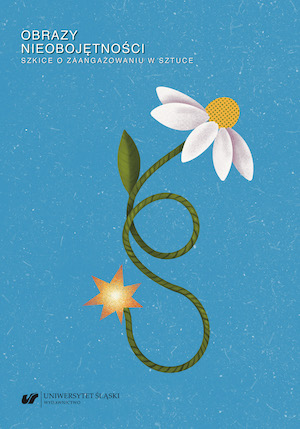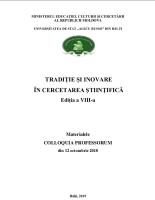
Caracterul sistemic al activităților muzical-didactice prin dramaturgia lecţiei de educaţie muzicală
The history of musical pedagogy describes its formation based on different educational systems. Each of these systems pursued objectives, purpose and methodologies. In this study I intend to research and apply the concept of musical dramaturgy during the activities at the musical education lesson.
More...
